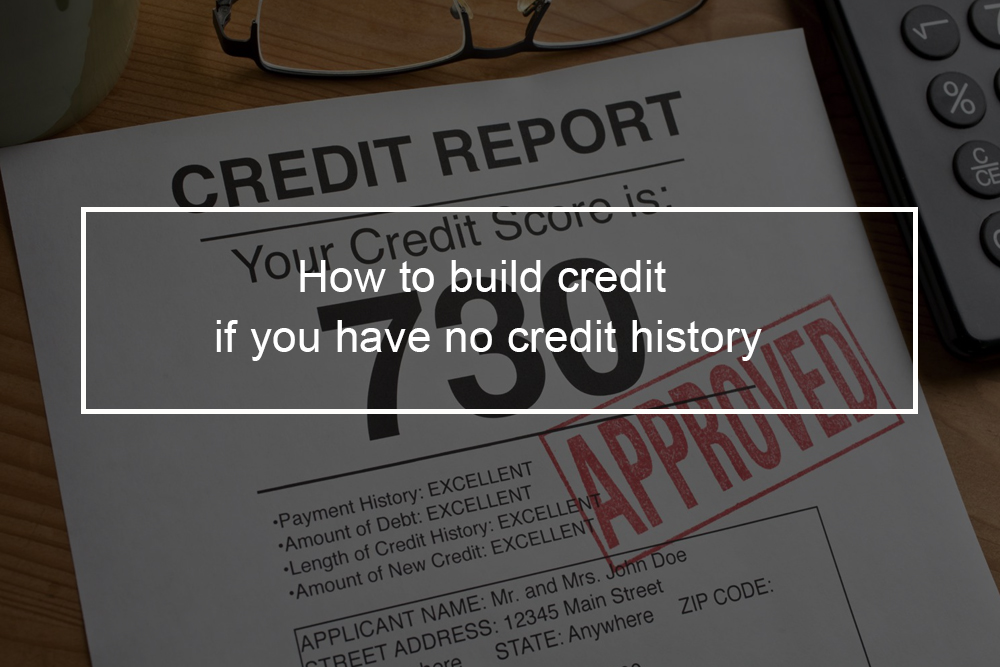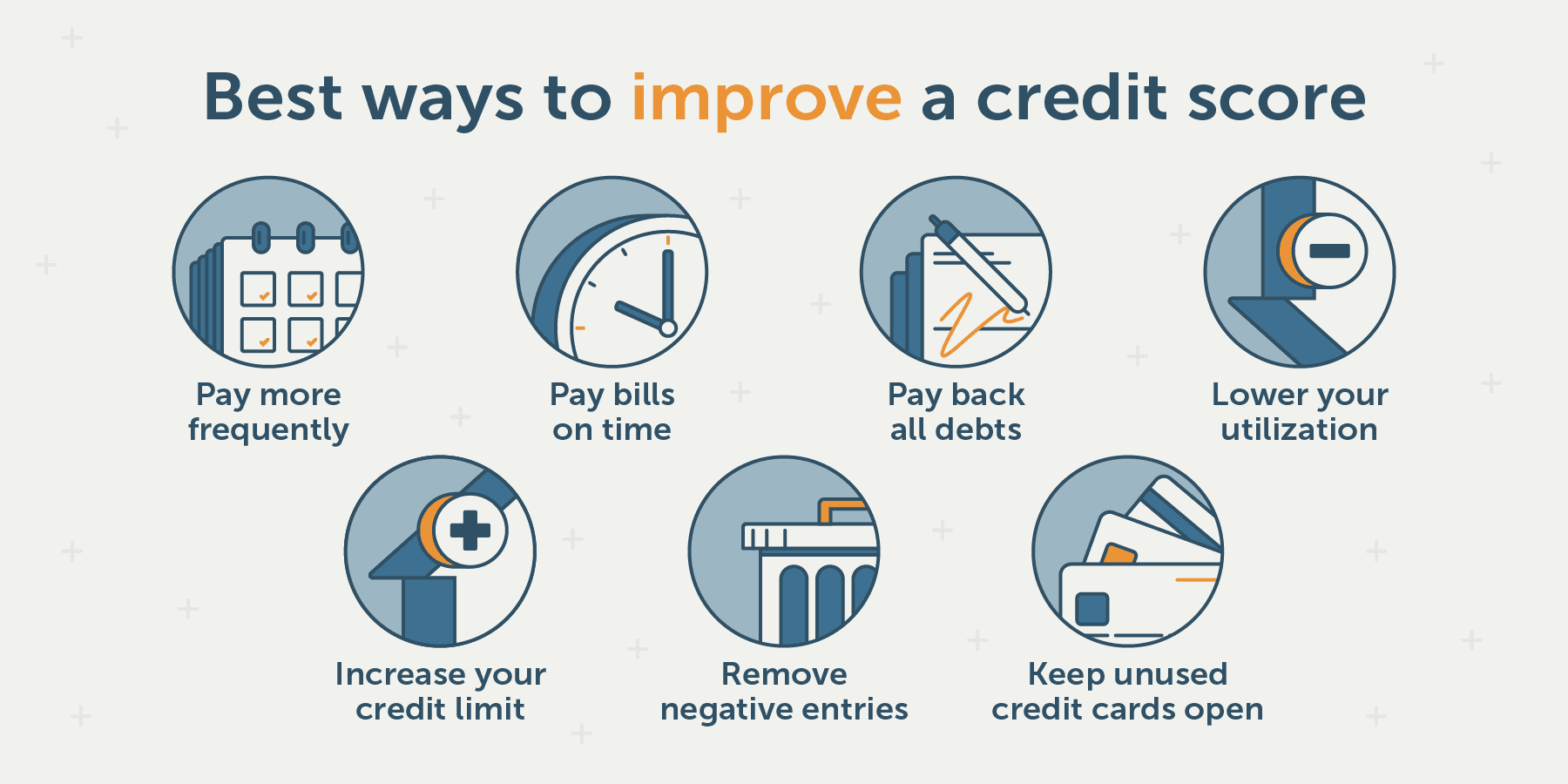When it comes to personal finance, one of the most important factors that can determine your financial health is your credit score. A good credit score can help you secure loans, credit cards, and even better interest rates on mortgages. However, building and maintaining a solid credit score can be a tricky task, especially if you are just starting out or have no credit history. In this article, we will explore some effective tips on how to build credit and improve your credit score.
Understand the Basics of Credit Score
Before we dive into the tips, let's begin by understanding what exactly a credit score is. A credit score is a numerical representation of your creditworthiness that is calculated based on your credit history and various financial behaviors. The most widely used credit scoring models are FICO and VantageScore, both of which range from 300 to 850.
Your score is determined by several factors, including your payment history, credit utilization, length of credit history, types of credit accounts, and recent credit inquiries. A higher credit score can indicate that you are a responsible borrower, while a low credit score can signal financial instability and credit risk.
Tip 1: Start with a Secured Credit Card

If you have no credit history or a poor credit score, getting approved for a traditional credit card can be challenging. In such cases, a secured credit card can be a great starting point. A secured credit card requires you to make a cash deposit upfront, which then becomes your credit limit. By using a secured credit card responsibly, you can establish a credit history and work your way towards a better credit score.
Tip 2: Opt for a Credit Builder Loan

Another practical option to build credit is a credit builder loan. A credit builder loan is designed for people with little or no credit history and works by borrowing a small amount of money that is held in a savings account. As you make timely payments on the loan, you build credit history and can eventually qualify for unsecured loans and credit cards.
Tip 3: Use Credit Responsibly

One of the most important aspects of building credit is to use credit responsibly. This means paying your bills in full and on time, keeping your credit utilization ratio low, and avoiding opening too many credit accounts at once. Late payments, high credit utilization, and frequent credit inquiries can all negatively impact your credit score.
Tip 4: Monitor Your Credit Report

It is crucial to regularly monitor your credit report to ensure that it is accurate and up-to-date. You can request a free credit report from each of the three major credit bureaus - Experian, Equifax, and TransUnion - once a year. Look for errors, such as incorrect account balances or closed accounts listed as open, and dispute any inaccuracies to the respective credit bureau.
Tip 5: Be Patient and Persistent
Building and improving your credit score is not an overnight process. It takes time, patience, and consistent effort. However, with responsible credit use, timely payments, and a good credit mix, you can gradually boost your credit score. Additionally, if you have limited or no credit history, consider seeking guidance from a credit counselor or financial advisor.
Building and improving your credit score is an essential part of your financial journey. By following these tips and being diligent, you can establish a strong credit history and secure better financial opportunities in the future.
